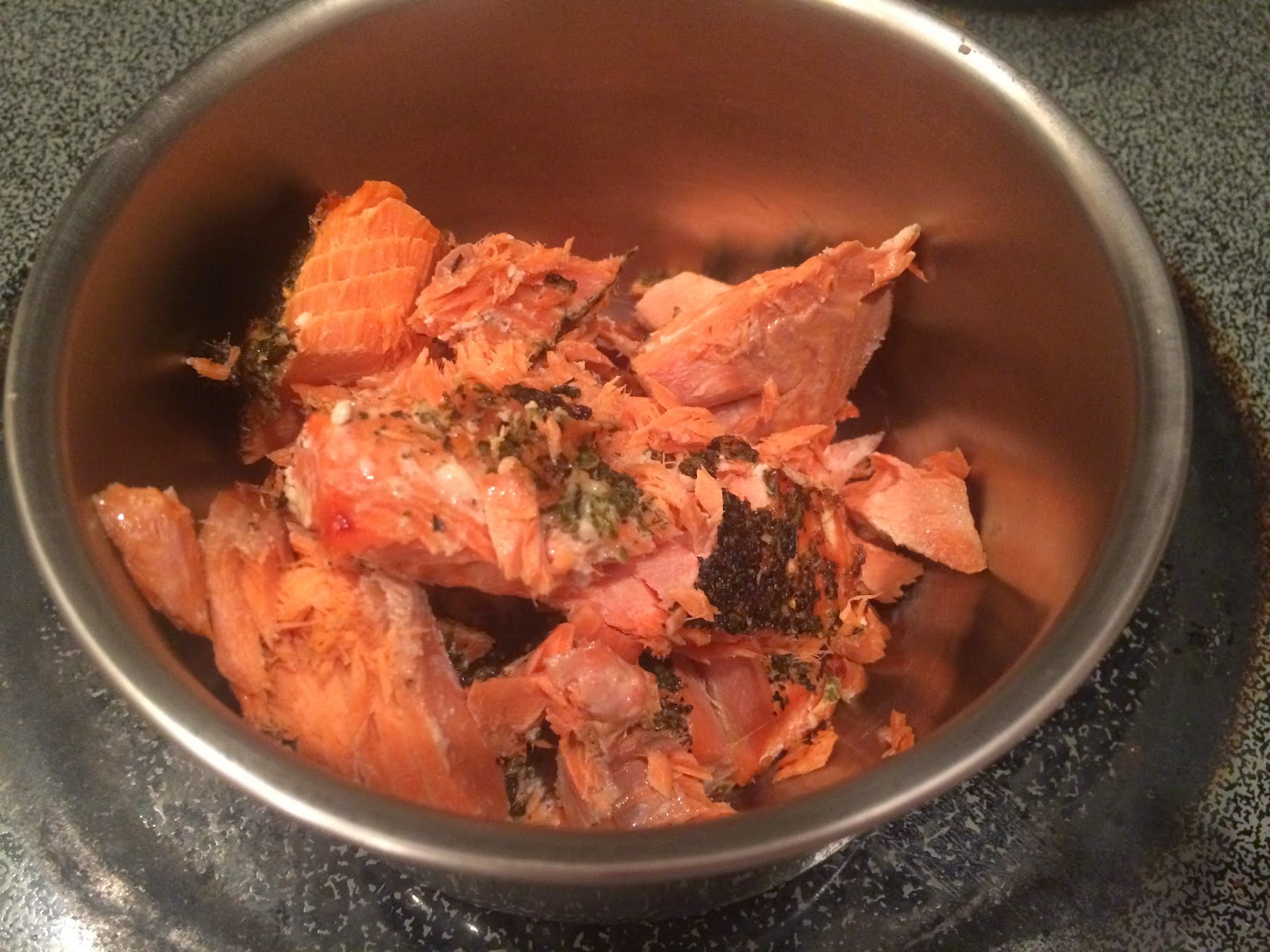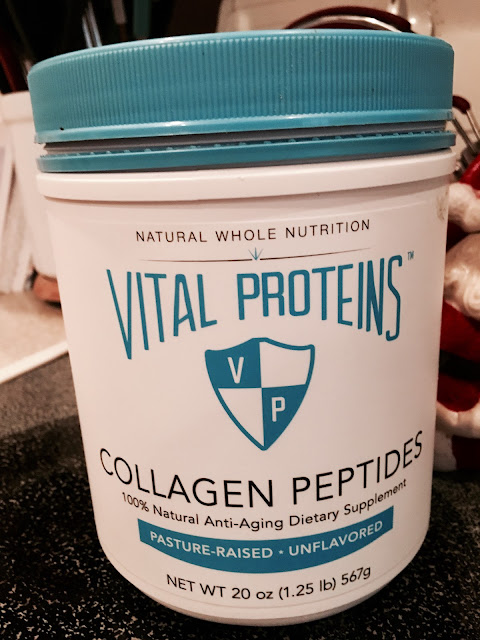I didn't always like salmon
Two years ago I hated salmon. My fish menu consisted of shrimp, shrimp, and more shrimp (you know, that crustacean that is a bottom dweller that feeds on parasites and dead skin? eww). I had tried it once years ago and absolutely hated the taste. I vowed never to eat red, fatty fish again (remember my anti-fat kick?)
Then Alaska happened. No I didn't meet Sarah Palin or see grizzly bears. My husband and I went to Alaska on our two year anniversary and I vowed that this was it. It was go time. If I didn't like Alaska salmon, well, then I could put this salmon business to rest.
I didn't like it. Not once, but twice. Now granted the first time was on the Norwegian Pearl cruise ship, where I shouldn't have expected a fine dining experience. But the second time was made by the Tillicum tribe on Blake Island, off the port of Seattle. It was an authentic salmon bake. I just couldn't stomach it.
Downcast and disappointed, I returned home to Sarasota still disliking salmon. Then a friend of mine at home insisted I give it another try. Having soaked it in seasonings and wine (how can you go wrong?) for days upon days, she then cooked it on a cedar plank.
If I could eat that salmon every day for the rest of my life I would. It was the best salmon I had ever had, and Im convinced it changed my taste buds completely. Following that day, salmon became a staple at our house. Whole foods fish department knows who I am, and they know I like salmon.
Salmon is pretty all star. Out of all the fish in the sea it is one of the lowest in contaminants and mercury. Rich in B6, B12, selenium, Vitamin D, phosphorus, and Vitamin B3, salmon is also a great source of protein. In addition, a 4 oz serving provides at least 2 grams of omega 3 fats, which is more than the average U.S. adult gets from all food over the course of several days. What's so great about omega 3s? A lot of things! They help improve cardiovascular health, mood and cognition, give joint protection, have eye benefits, and provide decreased cancer risk.
Okay now this is kind of a big deal. Salmon is king when it comes to docosahexaenoic acid (DHA), which is essential for the growth and functional development of brain in infants. DHA is taken up in the brain preference over other fatty acids, and is found in fatty fish like salmon and mackerel, and surprisingly enough in breast milk. According to the Pharmacological Research scientific journal, deficiencies of DHA are associated with fetal alcohol syndrome, attention deficit hyperactivity disorder (ADHD), cystic fibrosis, and depression. Decreases in DHA in the brain with age are associated with cognitive decline and onset of sporadic Alzheimer's disease. Not cool. Obviously, salmon has got the goods and is important for health!
Something I have been desperately wanting to recreate this past month is a healthy salmon salad that delivers in the taste department. My taste buds have been a little weird lately, and I have been craving salmon salad, chicken salad, and tuna salad, etc. But how to make it mayo free and nutrient rich? That was the challenge!
Hope you like :o)
Lindsay's Salmon Salad:
Start with grilled wild-caught salmon filets. They can be off the grill, from the oven, or off the stovetop. Then add these ingredients to taste and texture you prefer. Im basing my measurements off two 4 oz, salmon fillets
1/4 cup plain coconut milk or greek yogurt (no reason to get low fat folks because it's probably loaded with sugar; I like SoDelicious brand because it is soy free and dairy free)
1/2 cup chopped celery
1-2 teaspoons lemon
2 teaspoons dill
2 teaspoons kelp granules
a pinch of pepper
a pinch of himilayan sea salt
1/4 cup chopped avocado (optional)
1/4 cup chopped onion (optional)
1/4 cup capers (optional)
Then Alaska happened. No I didn't meet Sarah Palin or see grizzly bears. My husband and I went to Alaska on our two year anniversary and I vowed that this was it. It was go time. If I didn't like Alaska salmon, well, then I could put this salmon business to rest.
I didn't like it. Not once, but twice. Now granted the first time was on the Norwegian Pearl cruise ship, where I shouldn't have expected a fine dining experience. But the second time was made by the Tillicum tribe on Blake Island, off the port of Seattle. It was an authentic salmon bake. I just couldn't stomach it.
Downcast and disappointed, I returned home to Sarasota still disliking salmon. Then a friend of mine at home insisted I give it another try. Having soaked it in seasonings and wine (how can you go wrong?) for days upon days, she then cooked it on a cedar plank.
If I could eat that salmon every day for the rest of my life I would. It was the best salmon I had ever had, and Im convinced it changed my taste buds completely. Following that day, salmon became a staple at our house. Whole foods fish department knows who I am, and they know I like salmon.
Salmon is pretty all star. Out of all the fish in the sea it is one of the lowest in contaminants and mercury. Rich in B6, B12, selenium, Vitamin D, phosphorus, and Vitamin B3, salmon is also a great source of protein. In addition, a 4 oz serving provides at least 2 grams of omega 3 fats, which is more than the average U.S. adult gets from all food over the course of several days. What's so great about omega 3s? A lot of things! They help improve cardiovascular health, mood and cognition, give joint protection, have eye benefits, and provide decreased cancer risk.
Okay now this is kind of a big deal. Salmon is king when it comes to docosahexaenoic acid (DHA), which is essential for the growth and functional development of brain in infants. DHA is taken up in the brain preference over other fatty acids, and is found in fatty fish like salmon and mackerel, and surprisingly enough in breast milk. According to the Pharmacological Research scientific journal, deficiencies of DHA are associated with fetal alcohol syndrome, attention deficit hyperactivity disorder (ADHD), cystic fibrosis, and depression. Decreases in DHA in the brain with age are associated with cognitive decline and onset of sporadic Alzheimer's disease. Not cool. Obviously, salmon has got the goods and is important for health!
Something I have been desperately wanting to recreate this past month is a healthy salmon salad that delivers in the taste department. My taste buds have been a little weird lately, and I have been craving salmon salad, chicken salad, and tuna salad, etc. But how to make it mayo free and nutrient rich? That was the challenge!
Hope you like :o)
Lindsay's Salmon Salad:
Start with grilled wild-caught salmon filets. They can be off the grill, from the oven, or off the stovetop. Then add these ingredients to taste and texture you prefer. Im basing my measurements off two 4 oz, salmon fillets
1/4 cup plain coconut milk or greek yogurt (no reason to get low fat folks because it's probably loaded with sugar; I like SoDelicious brand because it is soy free and dairy free)
1/2 cup chopped celery
1-2 teaspoons lemon
2 teaspoons dill
2 teaspoons kelp granules
a pinch of pepper
a pinch of himilayan sea salt
1/4 cup chopped avocado (optional)
1/4 cup chopped onion (optional)
1/4 cup capers (optional)







Good to know this because salmon is my favorite!!!! It's basically the only fish I eat.
ReplyDeleteThats awesome! I think I was most surprised to find out that DHA is found in both salmon and breast milk- displays the power of breastfeeding as well!
ReplyDelete